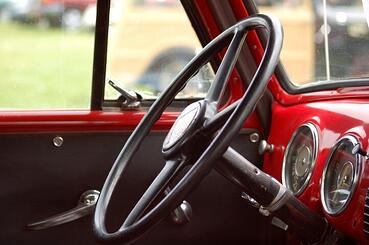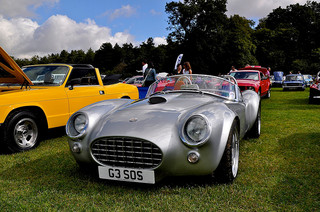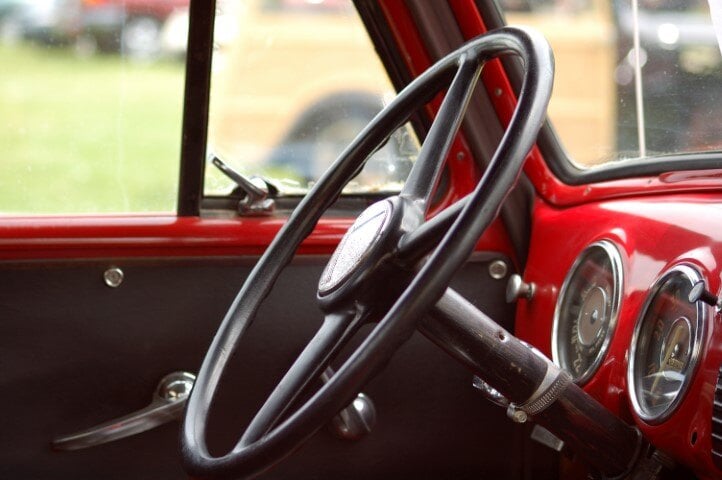How to Improve the Efficiency of Your Classic Car
Classic cars are a labor of love for auto enthusiasts. And while there are some big benefits to owning a classic car, there can be a few notable...

Owners of classic and antique cars are well aware that today’s gasoline fuels are significantly different from the fuels they used to use. The differences can affect the way their classic cars perform. Some of these problems can be solved by tuning your classic car’s engine to run better on modern gasoline.
The engines of today are light years ahead of the engines from even just a few decades prior.
 Today’s gasoline engines are fuel-injected (instead of carbureted) and controlled by computers. The main function of the car’s computer, with respect to the operation of the engine, is to adjust things like fuel injection and spark timing. The computer is programmed with a spark advance curve that is suited for the gasolines of today. If the computer detects any changes in how the fuel-air mixture is firing, it can alter the firing of the spark so the engine runs at peak efficiency. As far as the government is concerned, this means lowest emissions.
Today’s gasoline engines are fuel-injected (instead of carbureted) and controlled by computers. The main function of the car’s computer, with respect to the operation of the engine, is to adjust things like fuel injection and spark timing. The computer is programmed with a spark advance curve that is suited for the gasolines of today. If the computer detects any changes in how the fuel-air mixture is firing, it can alter the firing of the spark so the engine runs at peak efficiency. As far as the government is concerned, this means lowest emissions.
The problem is that classic car engines don’t have the ability to adjust these kind of engine parameters because a) they may have a carburetor, not fuel injection and b) they don’t have computers.
The change in formulation of today’s gasolines can cause your carburetor to shift about 3-5% leaner than the gasolines that those cars were designed to originally use. It can also cause them to misfire and have poor throttle response.
This means if you want your classic or vintage car to perform its best on today’s modern fuels, you’re going to have to retune the carburetor and distributor yourself.
If the car is running too lean, you’ll have to enrich the off-idle circuit by enlarging the idle well or the idle channel restrictor, depending on if you have a Holley-style or Rochester or even a Carter-style carburetor.
If the problem is a throttle response one, this can often be cured by making the accelerator pump circuit more active. You do this by altering the accelerator pump duration spring or squirter size. Sometimes if you have a replacement high performance carburetor, you can find that the pump springs they used aren’t as strong as the OEM pump springs. This is more commonly found if the carburetor was made in the 80s and beyond.
After all of this, you will not want to forget to retune the ignition spark timing curve and the air-fuel mix curve. Now, your classic or antique car should be ready for peak performance on today’s reformulated gasolines.

Classic cars are a labor of love for auto enthusiasts. And while there are some big benefits to owning a classic car, there can be a few notable...

The immediate effect that ethanol gasoline is going to have is fuel filter plugging because of ethanol’s solvency. In this case, we’re talking about...
Classic car owners love their vintage cars. Most owners know their engines inside and out - fuel tank, fuel line, carburetor, spark plugs, ignition.